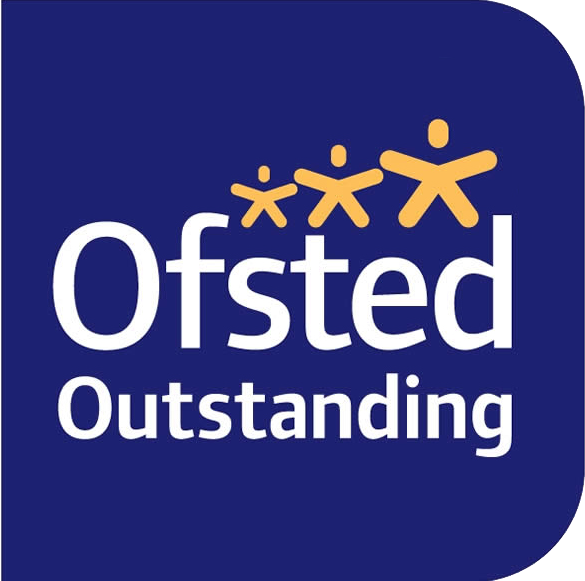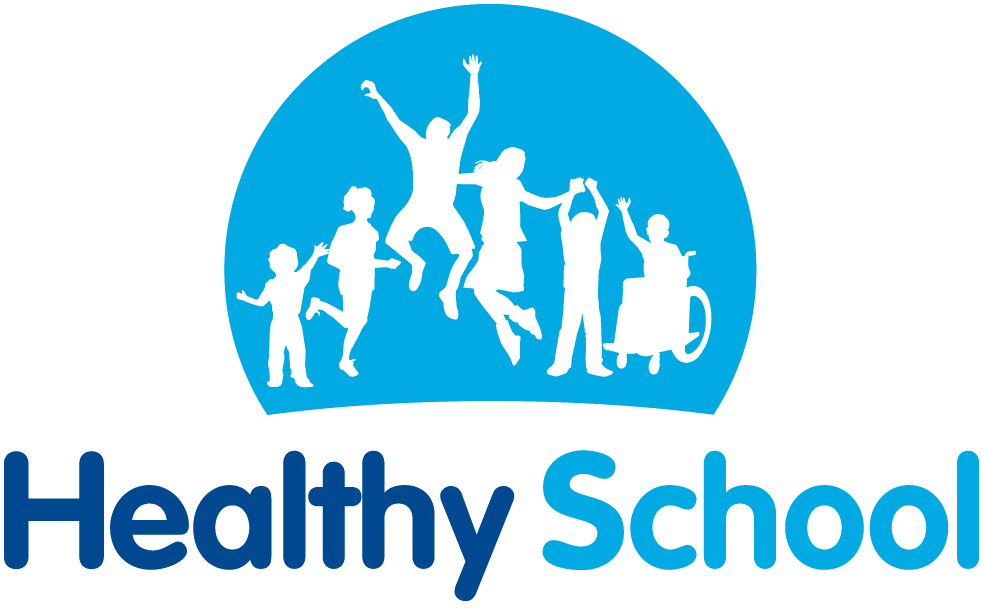This document is to outline the aims of the science department by asking the following questions
- What are you trying to achieve ? (Intent)
- How is the curriculum being delivered? (Implementation)
- What difference is your curriculum making? (Impact)
Intent:
- Pupils should build upon their knowledge of the wider world they live in and be aware of come current global issues. Including vaccine development, infection control and global climate change.
- Pupils should be confident in their understanding of their own bodies to enable good self-care in the future.
- To develop enquiry skills in pupils and to promote STEM interest.
- To encourage creativity, resilience and social skills in pupils through activities/challenges.
- Give pupils an interest and understanding of current events so they can engage in conversation and make informed choices/opinions.
- All pupils should leave KS4 with a qualification that is appropriate for them and all pupils across school to make progress in science.
Implementation:
- Pupils across KS3/4 will be taught a wide variety of topics spanning, biology, chemistry, physics and investigative skills as outlined in the national curriculum.
- Lessons will have a large practical focus to build skills in; following multistep instruction, independence, social skills and motivation.
- Practical sessions will build upon knowledge to consolidate learning or build interest/curiosity in subjects.
- Practical and theoretical lessons will all include personal and social skill development building upon independence, resilience and more targets outlined in the AET framework.
- Work will be a mixture of group work, independent work will be supported as required for individuals, this allows pupils to grow their personal social development.
- STEM challenges will allow pupils to embrace their creative thinking, problem solving and resilience while also giving some relevance to science as a subject. These can be taken from local and global issues such as practical action site.
- Engaging lessons that are relevant to the wider world and community.
- Educational visits to consolidate learning and give pupils experiential learning.
- GCSE university partnership, pupils are to visit Hope university to carry out GCSE required practical’s with support from PGCE students alongside myself and also take part in tours and talks about higher educations and routes to access it.
- Homework is set fortnightly on paper and online so pupils have a choice and pupils are then rewarded for their efforts.
- Pupils are given new and updated news stories outside the science lab with stories from the news that evokes interest in current affairs and science.
Impact:
- All pupils should leave KS4 with a qualification in science that is appropriate for them.
- To have a personalised pathway available for all i.e. AQA GCSE, Entry Level Certificate, Open Award Level 1 or 2.
- All pupils should be able to access lessons/tasks through support and challenge.
- Pupils should build confidence in their knowledge and be able to form and express informed opinions about current affairs.
- Pupils should gain and improve social skills and transferrable skills such as time keeping, teamwork, responsibility etc.
- Pupils to be confident in their science ability and reduce any negative mindsets.
- Pupils should build creativity, resilience and inquisitiveness being more analytical/questioning about topics/stories.
- To fill gaps in knowledge and skill left by the pandemics educational disruption.
- To re-ignite interest and engagement in science as a subject.








